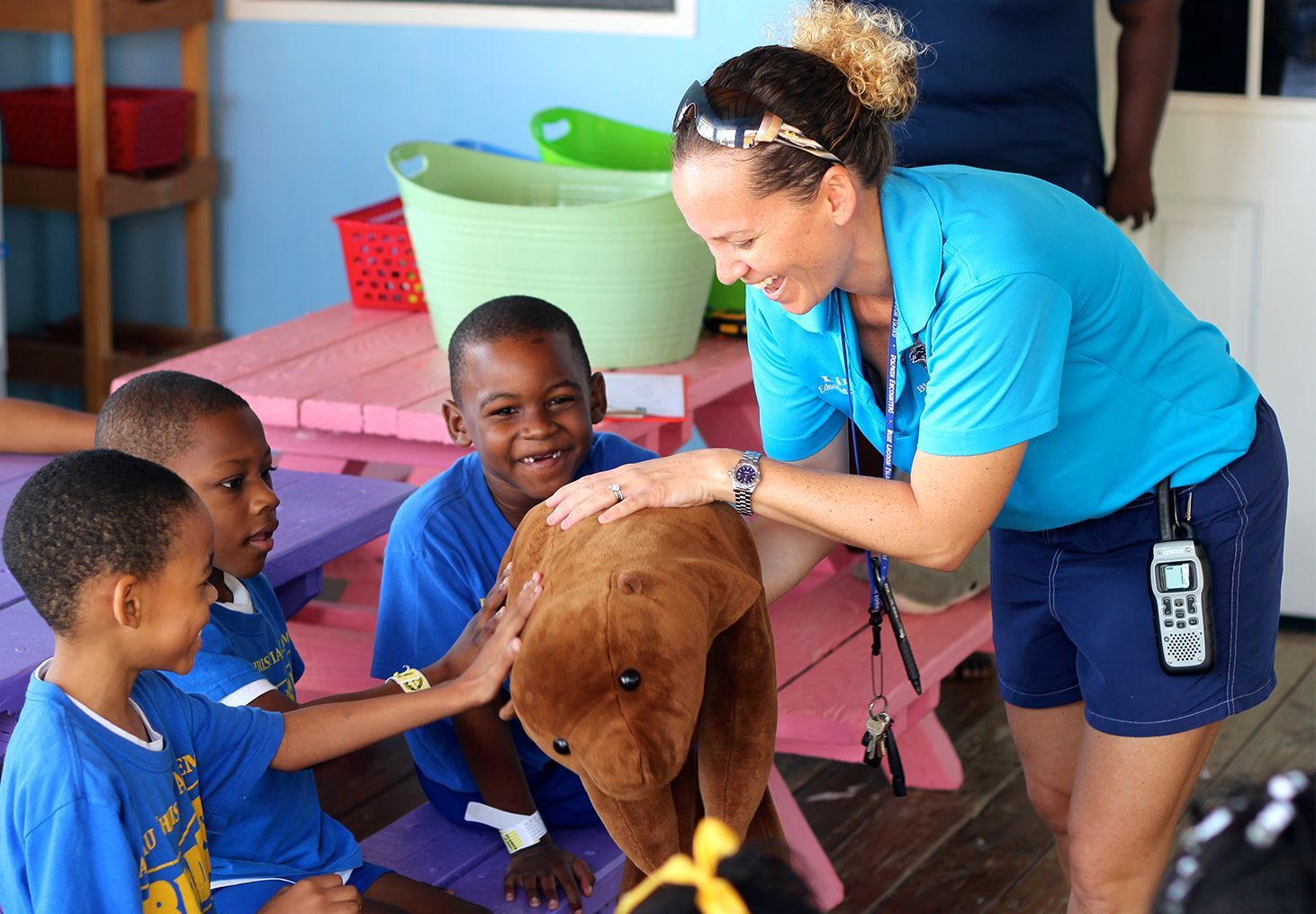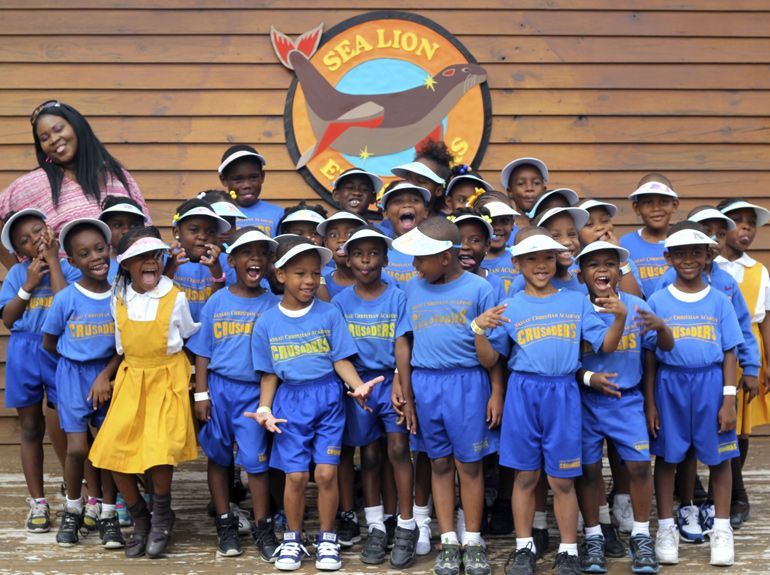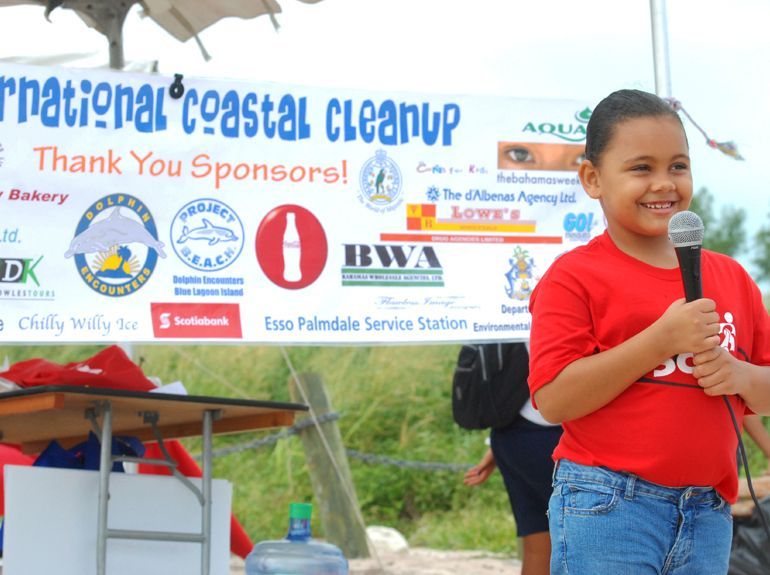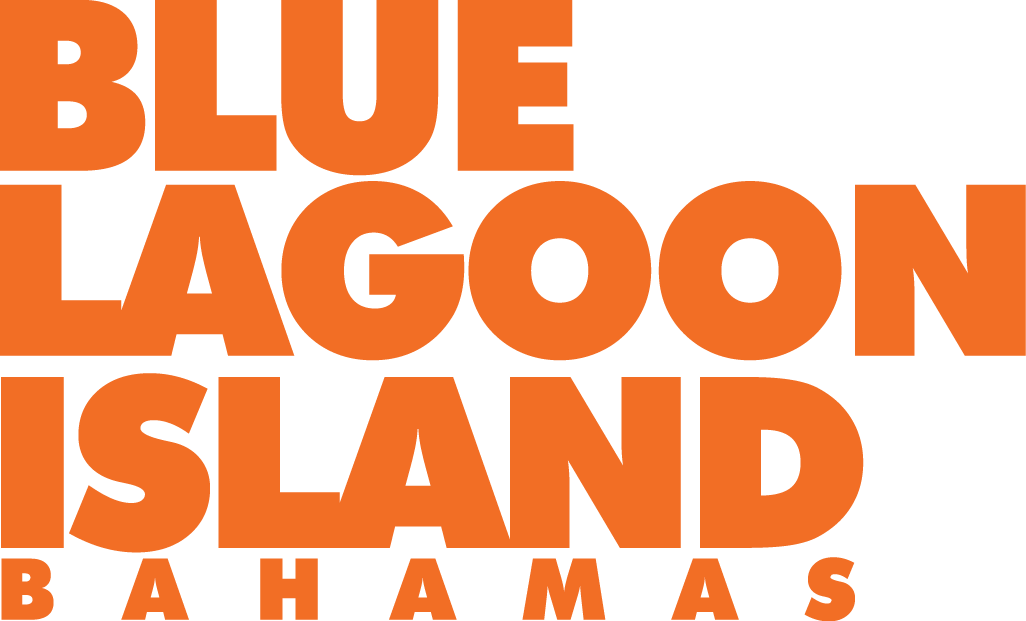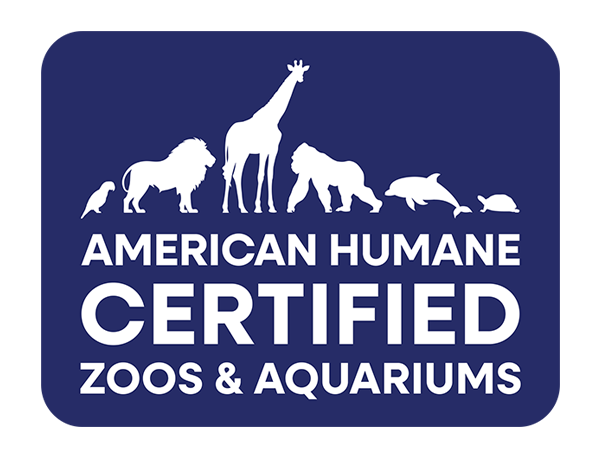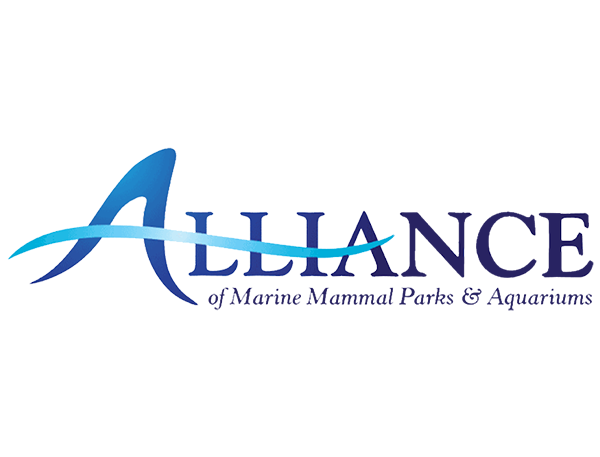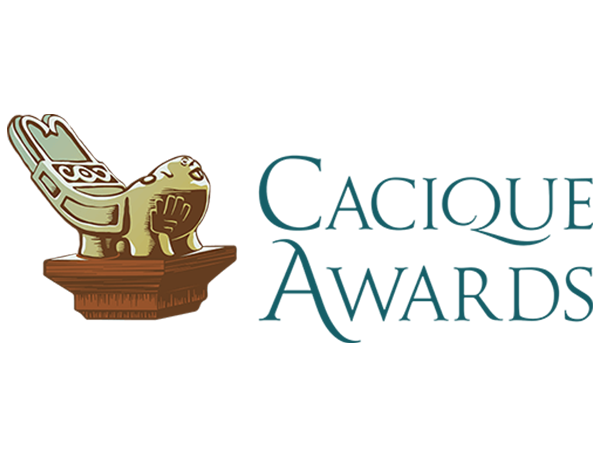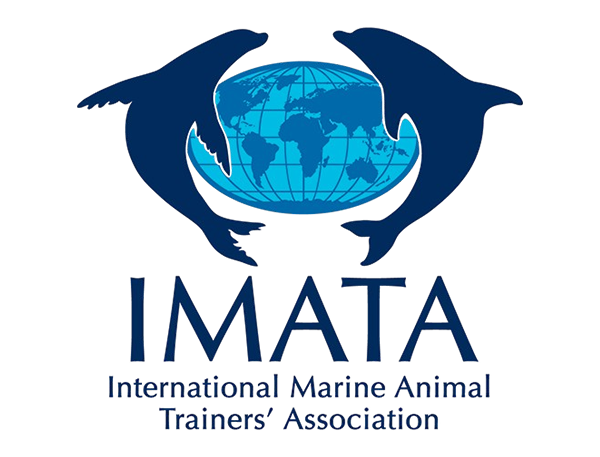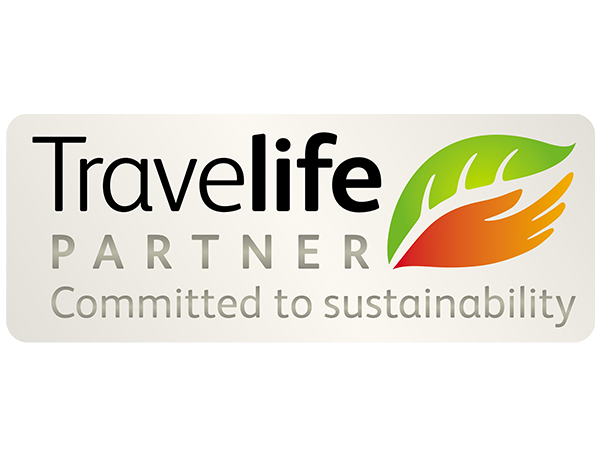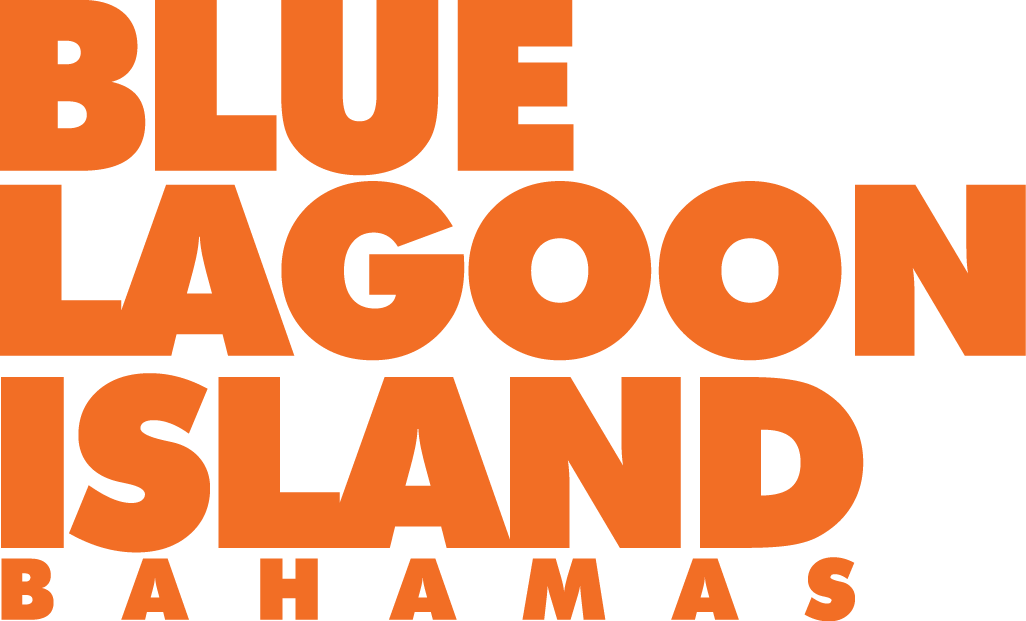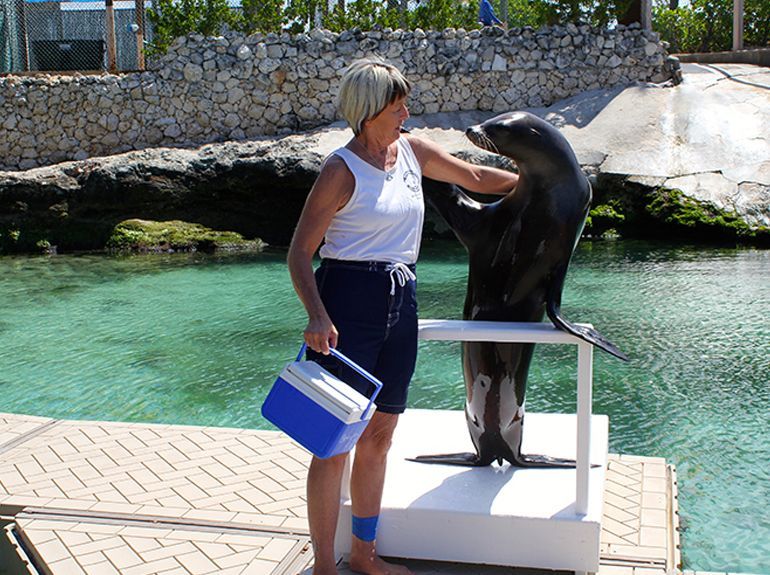
Do you Want to be an Animal Trainer?
Getting to your marine career destination offers many avenues of choice such as: animal training, education, research, veterinary care, stranding networks, conservation groups and wildlife studies. As you explore your opportunities to work in one of these marine fields, you may find that working with marine animals develops into a passion.
A career as a marine mammal trainer is both challenging and rewarding. Just as with any profession, it is an extremely competitive field, requiring a great deal of persistence and dedication.
Animal Trainer FAQs
Do you have questions for our trainers? Maybe you have a school project on this marine career? Discover a new world, here we answer some of the most common questions about life as a trainer at Blue Lagoon Island.
What are the duties in a trainer’s job?
Animal trainers have a range of responsibilities that account for care and training of their animals. Animal care includes preparing diets, cleaning exhibits, safety pool checks, enrichment, assisting in veterinary care and maintaining detailed records. Trainers use animal interactions as an opportunity to educate about marine health. They provide public presentations to both small groups and large audiences, to share the incredible abilities and personalities of their animals. Memorable and teachable moments like these inspire and galvanize people to become a more marine health-conscious society.
What is the work schedule of a trainer?
Taking care of animals takes commitment and is a long day. It starts early as we must prepare the diets for the animals, clean their respective exhibits, and get ready for our guests. Training sessions and programs are spread throughout the day so the animals can have long breaks in between sessions.
What are some things that trainers really enjoy about their job?
The ability to interact with such majestic animals while learning their different personalities. Most trainers simply enjoy free swimming with them in a laid back yet fun environment.
What types of behaviors do trainers teach their animals?
Animal training is important as it mentally and physically stimulates an animal. This not only encourages the animal to contribute to its own health care but also makes it more likely to have the animal exhibit its natural behaviors. Some common behaviors include: husbandry, exercise, research-related, veterinary care and interactive program behaviors. Many behaviors allow the animal to just show off what it is physically capable of doing, such as speed, balance, agility or sounds.
Do trainers only work with one animal?
It is important for every trainer to develop a bond with all animals, the stronger the bond the better the relationship. It is valuable to know your animal likes and dislikes are. Although every trainer at Blue Lagoon works with all the animals, some have stronger bonds than others.
Do trainers have a favorite animal?
Yes, most trainers have one animal that tugs on their heart strings the most. Trainers form bonds through enrichment sessions, play, or simply spending quality time with the animal.
Is this safe for young kids or older adults?
Yes. We welcome multi-generational families every day, from toddlers to grandparents. We have dedicated staff, safety protocols, and even a waterproof wheelchair for guests with mobility challenges.
What are some challenges working with marine animals?
Cleaning. The same as caring for children, cleaning is a necessity for a healthy animal. From consistently cleaning their diet preparation areas, food containers, removing debris from the bottom of the pool or top of the deck, a clean environment is the best preventative care to keep animals healthy and safe.
Weather. In The Bahamas, the weather is temperamental. Sometimes it rains and is cold, other times it may be extremely hot.
What type of educational background do trainers have at Blue Lagoon Island?
Some of our staff come with two or four-year degrees, but many start with just a high school diploma. Regardless of education or job experience, all applicants start with Animal Care and must complete coursework in Animal Training, Marine Education & Interpretive Skills, which includes theory and practical exams. This ensures that each certified trainer is using the same positive methods with the animals and is capable of engaging guests to learn about the animals and inspire conservation.
Can anyone apply for a job as an animal trainer in the Bahamas?
No, entry level jobs are reserved for Bahamian nationals. Should there be a need for a specialized position for which Bahamians are unable to fill, then it may be considered. The Bahamian government finalizes the approval for the applicant by issuing a work permit for a specific length of time.
Is swimming necessary?
Yes, every trainer must know how to swim as it in an essential part of their job. Before entry, each potential applicant must perform a swim test. Trainers must be confident around the water and capable of diving to inspect the animal’s pool as part of their daily duties.
Do I need to have a specific degree to work in the marine mammal field?
Marine mammal professionals come with a variety of college degrees: zoology, biology, marine biology, marine science, microbiology, psychology, etc. The exact degree is not as important as your comprehension of math and science, your problem-solving skills and your ability to communicate both in writing and verbally. If you are in college, look at the areas your school has available where you can add a marine emphasis in your credit selection towards your degree.
Got more questions? Let us know at…
Educational Contact Email:
More to Discover
